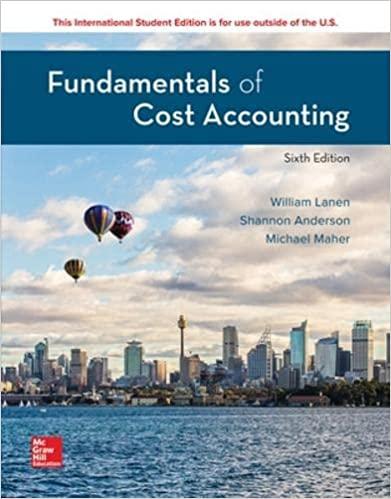Answered step by step
Verified Expert Solution
Question
1 Approved Answer
6.2a,b,c and d Anthony's father, Pete, recently purchased a roulette wheel to run an underground casino in his garage. In case you're not familiar with

6.2a,b,c and d
Anthony's father, Pete, recently purchased a roulette wheel to run an underground casino in his garage. In case you're not familiar with roulette, the wheel is spun and a ball is dropped seemingly randomly into one of thirty-eight pockets on the wheel, each of which corresponds to a number and a color. On this wheel, there are eighteen red pockets, eighteen black pockets, and two green pockets. A gambler might bet on red, in which case they will double their money if the ball falls into a red pocket but lose their money otherwise. If the wheel is indeed fair, meaning that the ball is equally likely to fall in any pocket, Pete expects to make money on these bets because the gambler wins 18 out of 38 times, while Pete wins the other 20 out of 38 times. Of course, if the wheel is not fair, Pete could have just made a terrible investment. To test the wheel, Pete conducted three practice spins (with no gambling), and much to his dismay, the ball fell into a red pocket all three times. Given the information available to us thus far, what can we say from a statistical standpoint about whether the table is likely to be biased toward the red pockets? (a) What's the null hypothesis? (b) What's the p-value? (c) Provide a substantive interpretation for the p-value and, importantly, explain what the p-value is not. (d) Ignoring the legality of garage roulette, what additional advice would you give to Pete to help him figure out if his table is fairStep by Step Solution
There are 3 Steps involved in it
Step: 1

Get Instant Access to Expert-Tailored Solutions
See step-by-step solutions with expert insights and AI powered tools for academic success
Step: 2

Step: 3

Ace Your Homework with AI
Get the answers you need in no time with our AI-driven, step-by-step assistance
Get Started


